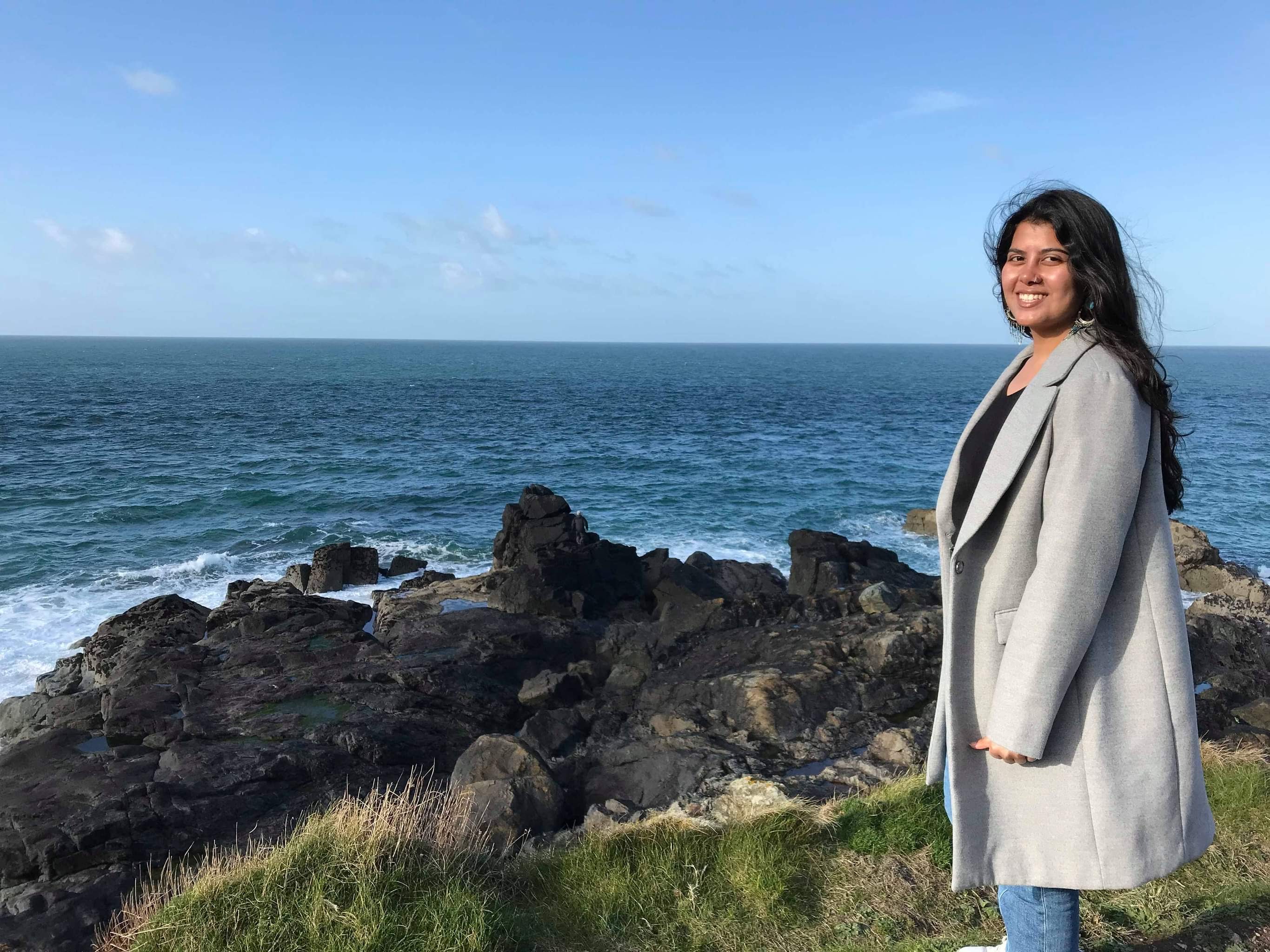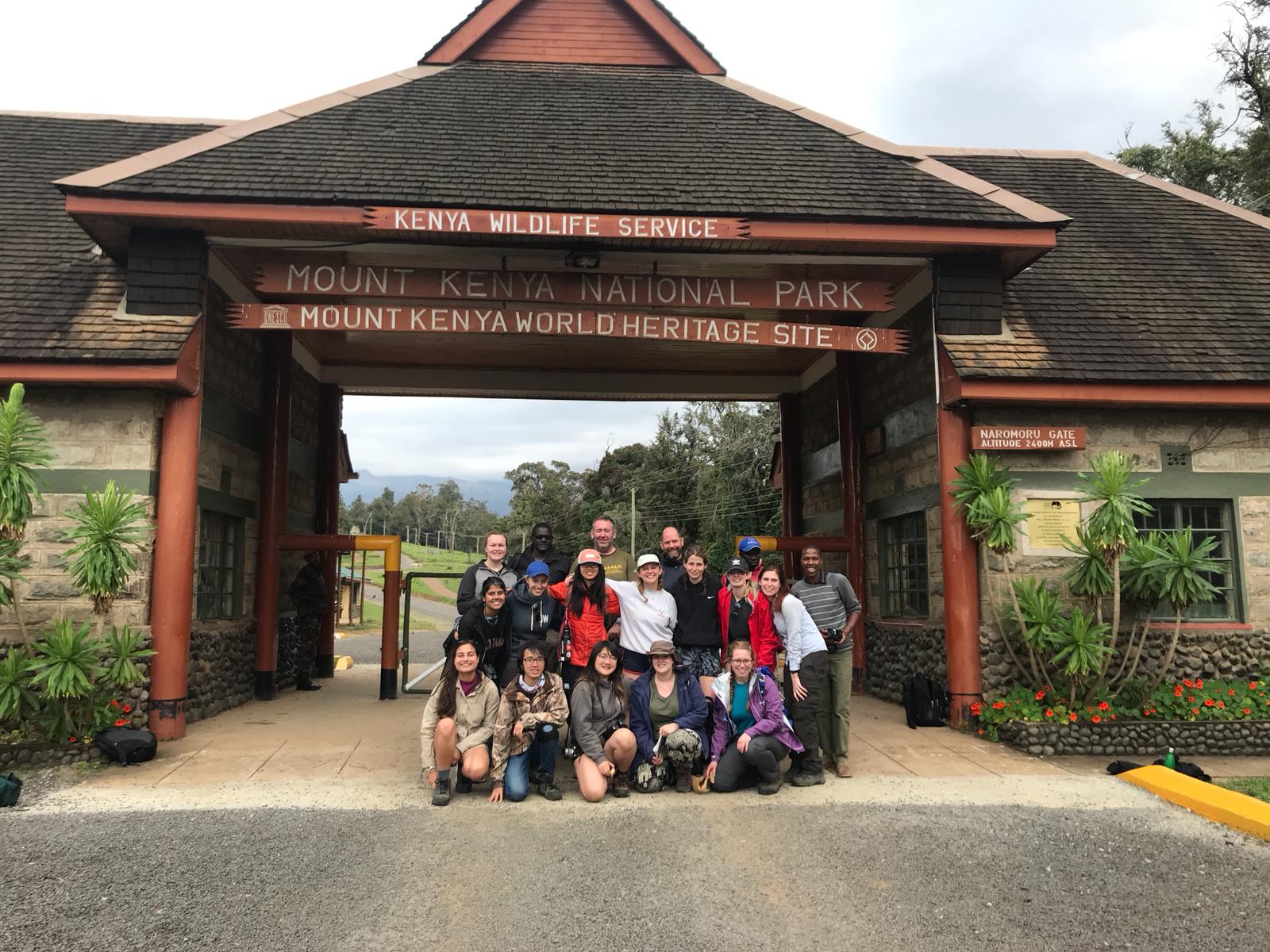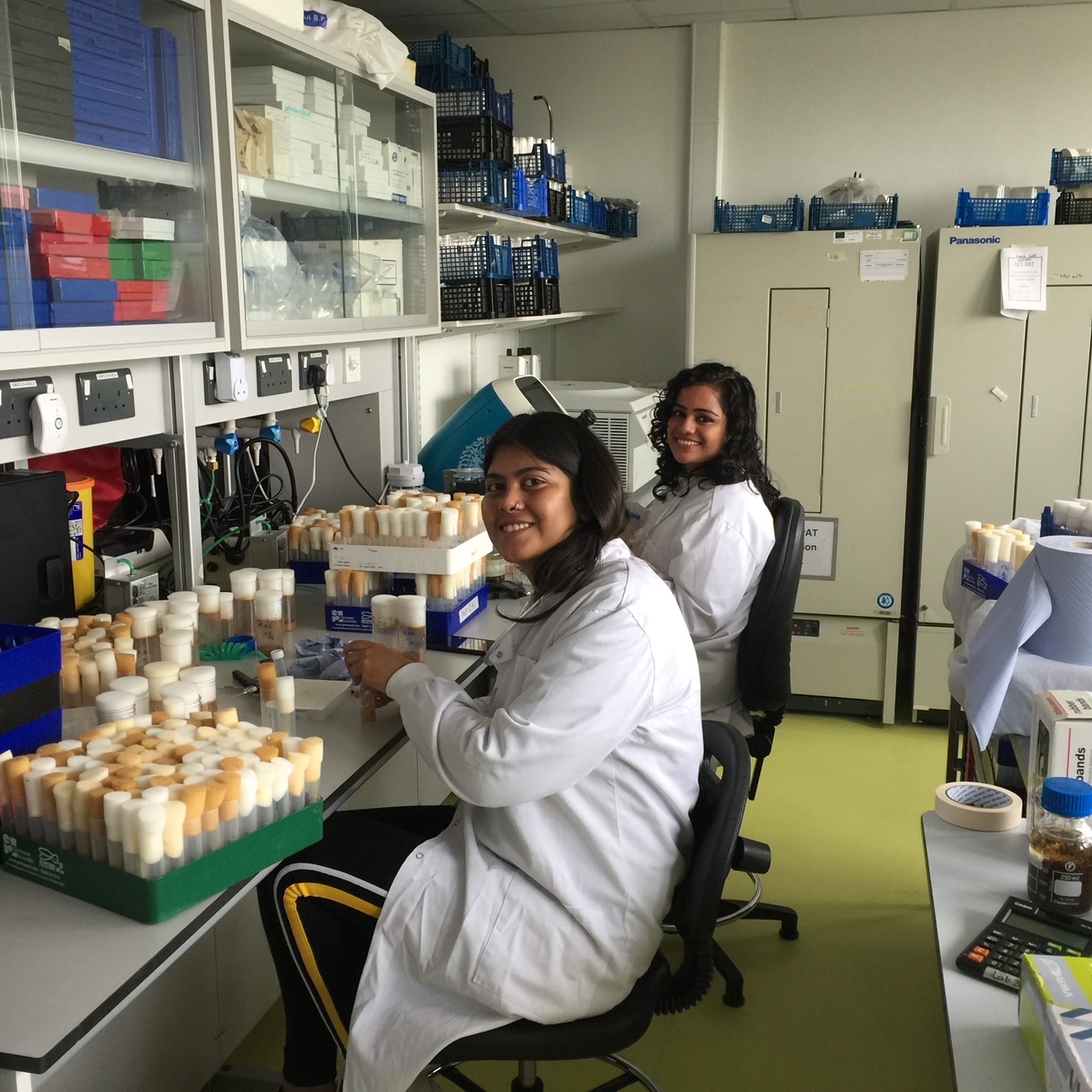We are looking back on some of our MSc graduates who have excelled in scientific research, ecology and conservation around the world since studying with us.
Today we meet Sukanya who graduated from MSc Conservation & Biodiversity in 2019 and is now an intern with the Wildlife Trust of India (WTI), a conservation NGO in India.

Hi Sukanya, it’s only been a few years since you studied with us, why don’t you tell us a bit about your career in that time that led you to where you are now?
After finishing my studies, I worked part-time for two months in the Evolutionary biology lab under David Hosken and Nina Wedell, where I had also completed my thesis. I came back to India just as the pandemic began and was stuck at home without any work opportunities for a few months. In September 2020, I contacted WTI and managed to secure an internship with them the following month.
We are so pleased to hear you have secured an internship – how do you think the MSc help prepare you for your next steps?
My current internship involves a lot of analysis work and report writing which I learnt through my modules at university. Further, during our field trip we observed conservation issues in Kenya and how they were being handled. India seems to have very similar issues and I hope I can help eradicate a few of these with the lessons I learnt at Exeter.
The interactions with conservationists in the Terrestrial Biodiversity and Conservation module as well as those in Kenya were very enlightening. The Conservation Planning and Leading module was also informative and has helped with my internship as my NGO leads several conservation projects which require meticulous planning and coordination between various stakeholders.
Why don’t you give us a bit of background about what made you choose to study your MSc with us at the University of Exeter Cornwall Campus?
While looking for a Master’s degree I was interested in finding a university with good research prospects as I hadn’t had any opportunities to do research before. Exeter’s reputation as a research-intensive university attracted me to pursue my degree here.
In India, as in many biodiversity-rich third world countries, there is a lack of conservation courses with most people learning on the job. I liked this MSc structure as one could learn how to carry out conservation research while also interacting with several conservation bodies and individuals practicing conservation on the ground. I knew that the experience and skills I gained here could be applied to conservation issues across the globe, including my home country.
What are your highlights from studying at the University of Exeter?
Undoubtedly, the answer to this would be the field trip to Kenya. Those two weeks simultaneously seemed too long and too short. The experience helped us gain insight into the world of conservation that we had so far been exploring through research papers and articles.
Another aspect I appreciated was the welcoming and helpful nature of all the lecturers throughout the course. They treated us as equal individuals and helped us answer every small query without any judgement. This has not been the case for my previous education and has always made me hesitant about asking questions and having discussions.

We are glad you enjoy it as much as we do, what do you think makes the University of Exeter, Penryn Campus such a special place to study?
Studying at the University of Exeter was a novel and exciting experience for me. I gained independence in both my academic and personal life but I always found support whenever I needed it. Whether it was lending stats books from the library or running to the Shop when I ran out of eggs, the campus seemed to hold a solution to all my troubles.
From calming walks around the green campus to summer barbecues on Gylly beach, there is always something to do at Exeter’s Cornwall campus. The people here are very friendly which made my transition to life here extremely easy.
 Why did you choose a career in scientific research and do you have any advice for students looking to pursue a similar career?
Why did you choose a career in scientific research and do you have any advice for students looking to pursue a similar career?
As many others in this field, I grew up with a love for animals which transcended to an interest in biology. My family are also nature-lovers and we would often visit wildlife sanctuaries, go on safaris and trek through picturesque hills. I think I naturally developed an inclination towards the field over time. The best part of my work is yet to come as I hope to get involved with field research once the pandemic is under control in India.
Intern and volunteer as much as possible! This can help you get an idea of the range of conservation work, decide what suits you best and meet like-minded people.
Finally, what would you say to anyone thinking of applying to the University of Exeter?
Go for it! The university has amazing lecturers and ample opportunities which will help you grow professionally as well as personally.
Thank you Sukanya!
If you want to read more profiles from MSc Biodiversity & Conservation graduates follow this link or explore our Graduate in Focus homepage to learn more about the degree programmes we have on offer!

